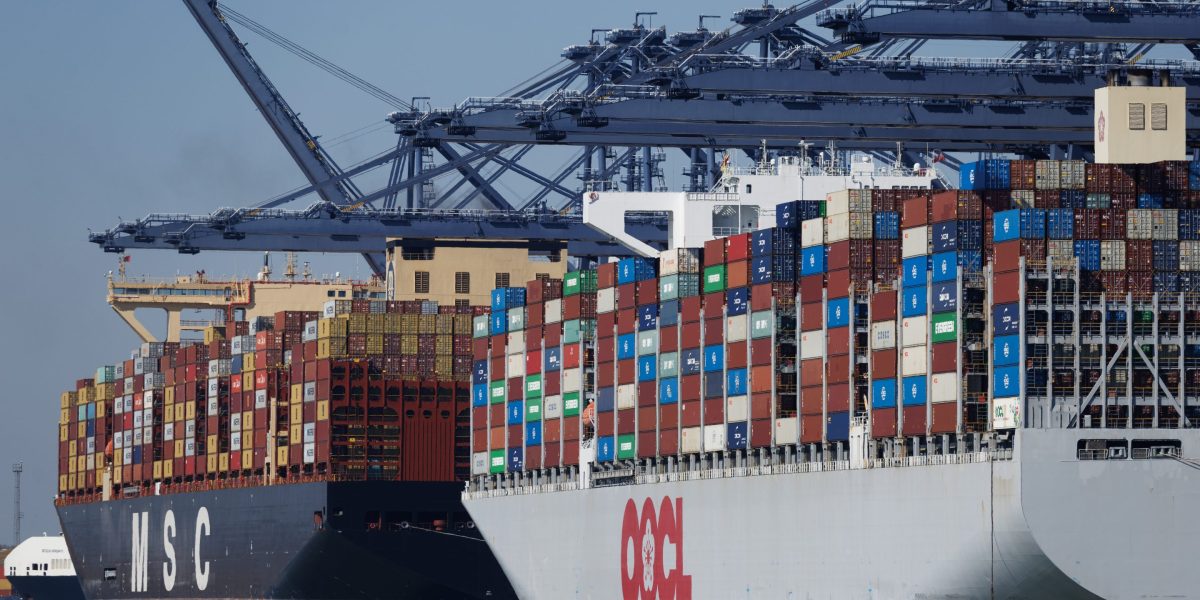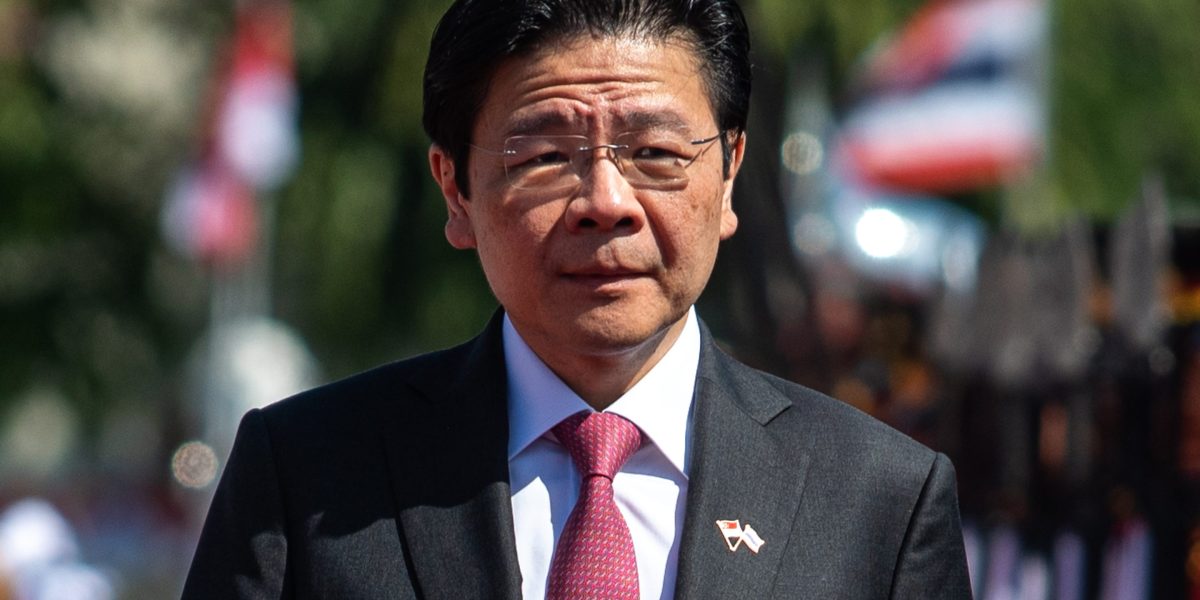Coffee in the US risks getting even more expensive as President Donald Trump’s sweeping tariff measures hit Vietnam, one of its biggest suppliers, with hefty levies.
The Southeast Asian nation is the world’s leading producer of robusta coffee, the variety used in instant drinks and espressos. The 46% tariff on Vietnam’s goods — among the highest of the rates Trump imposed against US trading partners — threatens to disrupt flows and comes as coffee costs have already soared on the back of harvest shortfalls.
New York futures for arabica, the high-end variety used in coffee shops, have held near a record high after adverse weather hit key growing regions. Supply shortfalls also pushed robusta futures in London up more than 40% over the past year.
On Thursday, the most-active contract for robusta fell as much as 2.5%, while arabica futures dropped as much as 3.1%. Both contracts pared most of those losses by the market settle.
“The tariffs will likely add to coffee market volatility and could exacerbate existing supply tightness,” said Priyanka Sachdeva, senior market analyst at brokerage Phillip Nova Pte. in Singapore. “US coffee prices could rise, especially for robusta-based products.”
Nguyen Nam Hai, chairman of the Vietnam Coffee and Cocoa Association, said he was “stunned” to see such a high tax rate against the nation. “Everyone is worried, especially about the signed export contracts,” he said by telephone.
Still, the country ships a lot to other regions like the European Union, helping to temper the impact.
While there has been an incentive to use the cheaper robusta variety, the world’s top arabica grower Brazil has been hit by a lower 10% baseline tariff. That potentially makes arabica a more appealing option, said Steve Wateridge, head of research at TRS by Expana.
“The fact that all the main arabica producers seem to be at a 10% tariff rate, whereas Vietnam and Indonesia are much higher, there may be a change in the flow as there’s an incentive to use more arabica or Brazilian Conilon,” he said.
But for US buyers, alternatives are limited, with Vietnam its third-biggest supplier. Stocks in the US already have little room for further drawdowns and will likely remain low with the tariffs in place, said Daryl Kryst, vice president of Soft and Agricultural Commodities Asia for StoneX Group Inc.
Although some importers may try to increase purchases from Brazil, Indonesia and Ivory Coast, those countries cannot fully replace Vietnam’s high volume and consistent quality, Sachdeva said. And some of them were hit by steep tariffs too.
Switching to arabica may also not be viable as robusta is critical for instant coffee and espresso, she said. The tariffs will make it “even harder for US buyers to secure affordable robusta, leading to potential shortages,” she said.
Other soft commodities also broadly fell, with the exception of New York cocoa prices that rose as much as 5.8% after the US announced tariffs on top grower Ivory Coast. Cotton futures dropped as much as 4.4% on fears of weaker demand, reaching its exchange limit. Orange juice prices, meanwhile, sank 6% intraday.
Robusta futures dropped 0.22% in London to reach $5,388 a ton, while arabica fell 0.93% in New York. New York cocoa rose 3.6% in New York, while London futures fell 1.4%. Cotton sank 4.4% in New York.
This story was originally featured on Fortune.com
Source link


 Entertainment8 years ago
Entertainment8 years ago
 Politics8 years ago
Politics8 years ago
 Entertainment8 years ago
Entertainment8 years ago
 Entertainment8 years ago
Entertainment8 years ago
 Tech8 years ago
Tech8 years ago
 Tech8 years ago
Tech8 years ago
 Tech8 years ago
Tech8 years ago
 Politics8 years ago
Politics8 years ago






